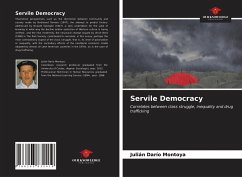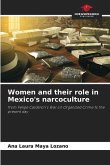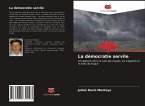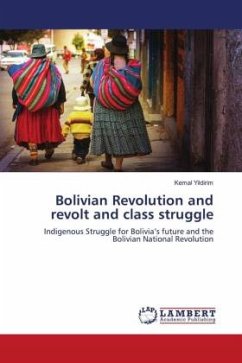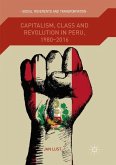Theoretical perspectives such as the distinction between community and society made by Ferdinand Tonnies (1947), the attempt to predict history addressed by Oswald Spengler (1947) -a task undertaken for the sake of knowing in what way the decline and/or extinction of Western culture is being verified-, and the new modernity, the structural change argued by Ulrich Beck (1998) in The Risk Society, contributed to correlate, in this essay, perhaps the most contradictory aspect of the class struggle, that is, its level of polarization or inequality, with the secondary effects of the neoliberal economic model adopted by almost all Latin American countries in the 1970s, as is the case of drug trafficking.

